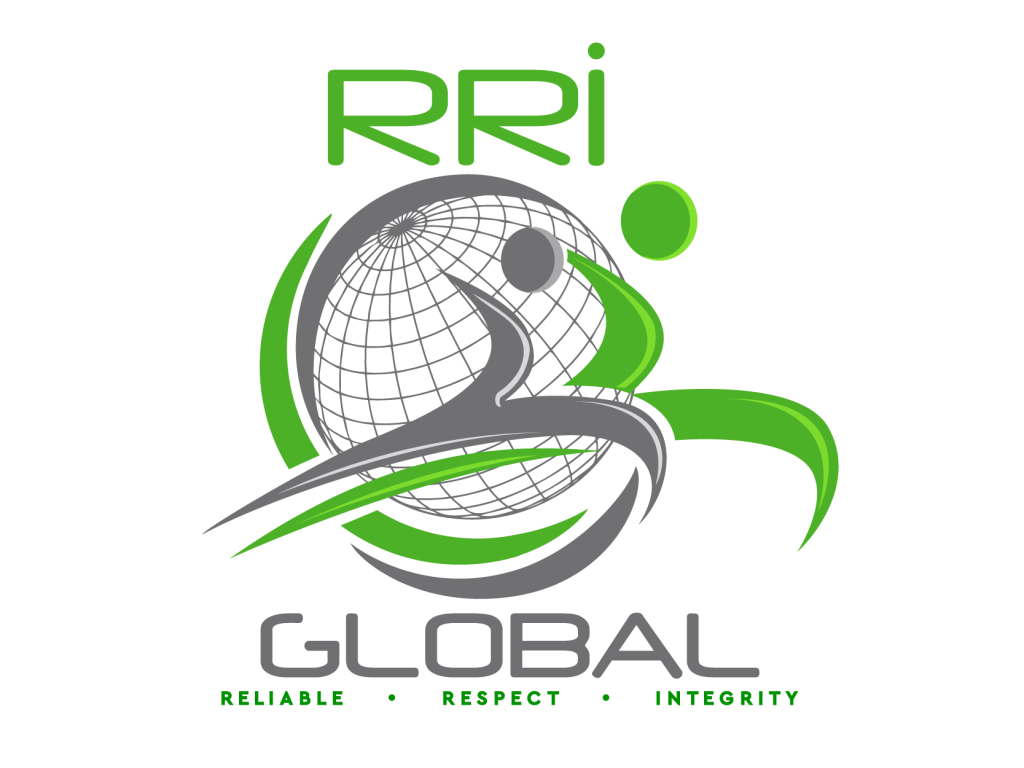As young hockey players become aware of the availability of the CHL draft and of course the NHL draft, retaining an agent to represent them is taken into consideration. Parents and aspiring players need to consider the importance of maintaining the athlete’s NCAA eligibility. The consideration of an agent or advisor has significant impact on their NCAA eligibility. Parents and players need to be aware that they can jeopardize their amateur status and become ineligible for collegiate competition by entering a relationship with an agent. An advisor can be retained under strict circumstances and standards to keep an athlete eligible.

It is understood that some players competing at high levels of competition require professional representation. An agent or advisor in the right circumstance can offer the services required by the player and his family. The statistics and numbers indicate that most players considering the NCAA as the next step in their progression should not consider jeopardizing any eligibility. Family Advisors, there is a difference. It is important to understand the difference and carefully select the representation that suits your needs while protecting your best interests.
Hockey agents are people who work with highly touted young players who are expected to be high draft picks at the CHL (Canadian Hockey League) level. Agents negotiate future salaries and contracts with prospective teams. An agent works for future earnings, hoping to get a percentage of the contract if they can negotiate a contract for the player. If a player hires an agent, he or she can make decisions on behalf of the player if the player or family has given him or the authority to do so.
Hockey agents are not allowed to represent a potential college athlete in the way that they would a professional or CHL junior athlete. NCAA rules bar players from signing with agents. This is where some of the major differences between agents and advisors come into consideration.
Family advisors become an option to have representation and the opportunity to receive advice within these rules the NCAA has set forth. The main difference between an agent and an advisor is that an advisor is paid based on a contracted rate for a specified length of time with the family. Their fees are predetermined and agreed upon before the player signs with or is recruited by a team. An NCAA player who is interested in furthering his career must work with a family advisor rather than an agent. There are many people who try to circumvent these rules, but if they are caught it could disqualify the player from playing in the NCAA. A player receiving financial, product, or merchandise is prohibited. Players are not permitted to receive from an agent bonuses or compensation for performances. The question arises for the athlete is it beneficial to expose or jeopardize NCAA eligibility?

The reason for this is that the NCAA does not want certain players to be receiving financial benefits that others might not have access to. Because an advisor works for an agreed-upon rate and does not make money from the player’s proceeds or potential income, the player, that is pursuing the NCAA must be aware. Hiring an agent is against the rules because it makes for an uneven playing field.
Although agents and advisors work for different types of players and follow different rules, they still provide very similar services. They are there to give advice to young players who might not know exactly which direction to pursue. They can consult with the families and coaches of the players to offer insight into their abilities and talk about what the best path forward might be. Both the agents and the advisors have the main goal of furthering the career of their clients.
Advisors are there to help younger players who want to receive NCAA/ ACHA /U Sport scholarships. They are aware of the opportunities of combing academic and athletic scholarships and their availability. They get paid by the player or the family of the player to help put them navigate the hockey levels to position players for possible opportunities. You can look at an advisor as the fir getting an agent somewhere down the line.
Agents are acting on behalf of their clients in pursuit of a professional contract. They can speak with professional teams about signing certain players, and in turn, can bring the offers to the players. The agent does the actual work of getting a contract and helping a player get signed. The intention of the agent is to care about the well-being of the player. Some people act as both advisors and agents, and may turn into an agent as a client of theirs has a chance to go pro. RRi Global Agency Inc. has an Advisor division and an Agent Division that work together allowing the player to transition from amateur status through to professional status within the organization. This can be a fine line between being careful not to break any NCAA or NHL or professional league rules. You may pursue an advisor and/or agent, but one may find you instead! Agents and advisors also scout and recruit as well It is important for players and their families to gather as much information as possible before making critical decisions. Student-athletes and their families need to learn about the relevant NCAA rules and interpretations.
QUESTIONS:
Q: How does the RRi Global Agency Inc. approach the difference from their agents or advisors?
A: Hockey teams and coaching staff members work with hockey players and their families and refer to Player Advisors who are Hockey Educators. The RRi Global Agency Inc. personnel are available to supply services for player development, player evaluation, recommendations, and hockey education for the player and parents. Their staff members are available to assist in the negotiation of contracts and recommend teams or leagues best suited for your development. They can speak to teams, schools, and individuals offering candid information and opinions about individual hockey players with recommendations to organizations. Players and parents that request a referral to Hockey Advisors are directed to the RRi Global Agency Inc. company.
Q: When does a student-athlete become a “prospective student-athlete”?
A: Individuals are regarded as prospective student-athletes when they have started classes for the ninth grade. Individuals may become prospective student-athletes before the ninth grade.
Q: If a high school or junior hockey athlete is weighing the option of turning pro vs. going to college, who should they seek advice from?
A: Student-athletes can seek advice from parents, former coaches, advisors (providing NCAA rules are not violated), and attorneys. Attorneys, however, may not have contact with the professional sports team to discuss a contract offer. The RRi Global Agency Inc. Advisors can provide you with valuable information about the hockey process and not jeopardize your eligibility.
Q: Would prospective or enrolled student-athletes jeopardize their amateur status and become ineligible for intercollegiate athletics if they retain an agent?
A: YES. The basic rule is that student-athletes are ineligible for participation in an intercollegiate sport if they have ever agreed (orally or in writing) to be represented by an agent for the purpose of marketing their athletic ability or reputation in that sport.
Q: What benefit can agents provide to enrolled or prospective student-athletes without jeopardizing their amateur status?
A: NONE. Any benefits (i.e., cash or other gifts or services) agents or their firm or agency provide to student-athletes would constitute compensation for their athletics talent and abilities, regardless of the value of the benefit or whether the benefit is used.
Q: Can a financial advisor or agent provide information to a student-athlete regarding lending institutions that may be interested in providing financing for insurance against a disabling injury that would prevent the student-athlete from pursuing a chosen career?
A: YES. An agent, attorney or financial advisor may provide information to the student-athlete, but the agent, attorney, or financial advisor cannot be involved in any way in making the arrangements to secure a loan or negotiating the terms of the financing.
Q: Can the RRi Global Agency Inc. explain to us the steps involved in the hockey process and how it combines with the family’s education goals for our son/daughter?
A: AtcRRi Global Agency Inc., the goal is to provide accurate, honest athlete evaluation, combined with realistic recommendations to assist you and your family in making informed decisions about your development and future. They strive to educate both the player and the family, taking the confusion out of player development and promotion. Promoting the combination of education and hockey is a priority to our staff members.
Q: If our son/daughter graduates from a college hockey program and wants to pursue a professional career how do we find an agent?
A: The RRi Global Agency Inc. have a division of professionals that will be able to recommend to your son/daughter a reputable, professional, certified agent to represent him in the process. IMPORTANT FACTS A student-athlete shall lose his or her amateur status and shall not be eligible for intercollegiate competition in a particular sport if:
1.) The student-athlete or family member negotiates signs or enters into any written or oral agreement with an agent for representation at that time or in the future.
2.) The student-athlete or family member accepts or receives any extra benefits from an agent or anyone who wishes to represent the student-athlete.
3.) The student-athlete signs a contract or commitment of any kind to play professional athletics, regardless of its legal enforceability.
4.) The student-athlete competes with a professional sports team or competes as a professional in an individual sport and receives any compensation for participation.
5.) The student-athlete receives, directly or indirectly, a salary, reimbursement of expenses, or any other form of financial assistance from a professional sports organization based upon athletic skill or participation, except as permitted by NCAA rules and regulations.
6.) The student-athlete uses his or her athletic skills for pay or promise of pay transportation or other benefits from any person who represents any student-athlete in the marketing of his or her athletic ability. The receipt of such expenses constitutes compensation based on athletic skill and is an extra benefit not available to the student body in general.
The NCAA Division 1 and Division III as well as NAIA, ACHA, and U Sport, provide excellent education/hockey opportunities. Prepare to make educated decisions about the opportunities available.
What is the transfer portal and how does it work?
The NCAA transfer portal is a National Collegiate Athletic Association (NCAA) application, [1][2] database, [3] and compliance tool[4] launched on October 15, 2018, [4] to manage and facilitate the process for student-athletes seeking to transfer between member institutions. The transfer portal permits student-athletes to place their name in an online database declaring their desire to transfer. [5] Athletes enter the portal by informing their current school of their desire to transfer; the school then has two business days to enter the athlete’s name in the database. [5] Once an athlete’s name is entered into the database, coaches, and staff from other schools are permitted to make contact with the athlete to inquire about their interest in visiting the campus and accepting a scholarship. [6] The transfer portal is intended to bring greater transparency to the transfer process and to enable student-athletes to publicize their desire to transfer. [4] The transfer portal is an NCAA-wide database, covering transfers in all three NCAA divisions, although most media coverage of the transfer portal involves its use in the top-level Division I. .
Call us @ 289-228-7344
DISCLAIMER
This article may contain advice, opinions, and statements from the writer and the information providers. Views expressed in this article reflect the opinion of the author, David Cole of RRi Global Agency Inc., and not necessarily the views of the RRi Global Agency Inc.. The article does not represent or endorse the accuracy or reliability of any advice, opinion, statement, or other information provided in the article, or from any other member of RRi Global Agency Inc..
CONFIDENTIAL
This document may contain confidential information that is legally protected. This information is intended only for the use of the individual(s) or entity named above. You are hereby notified that any disclosure, copying, distribution, or action was taken in reliance on the contents of these documents is strictly prohibited.


